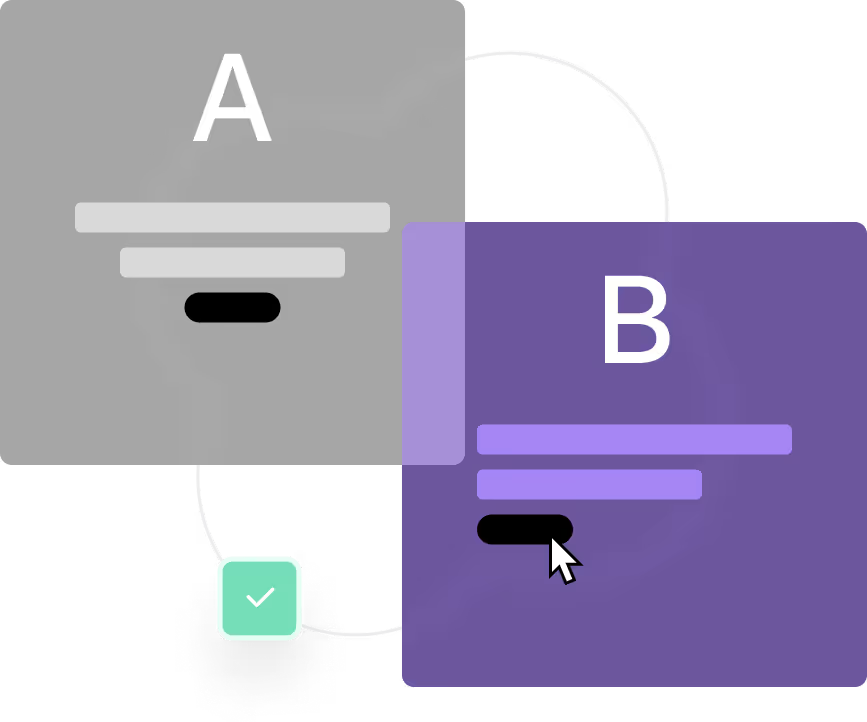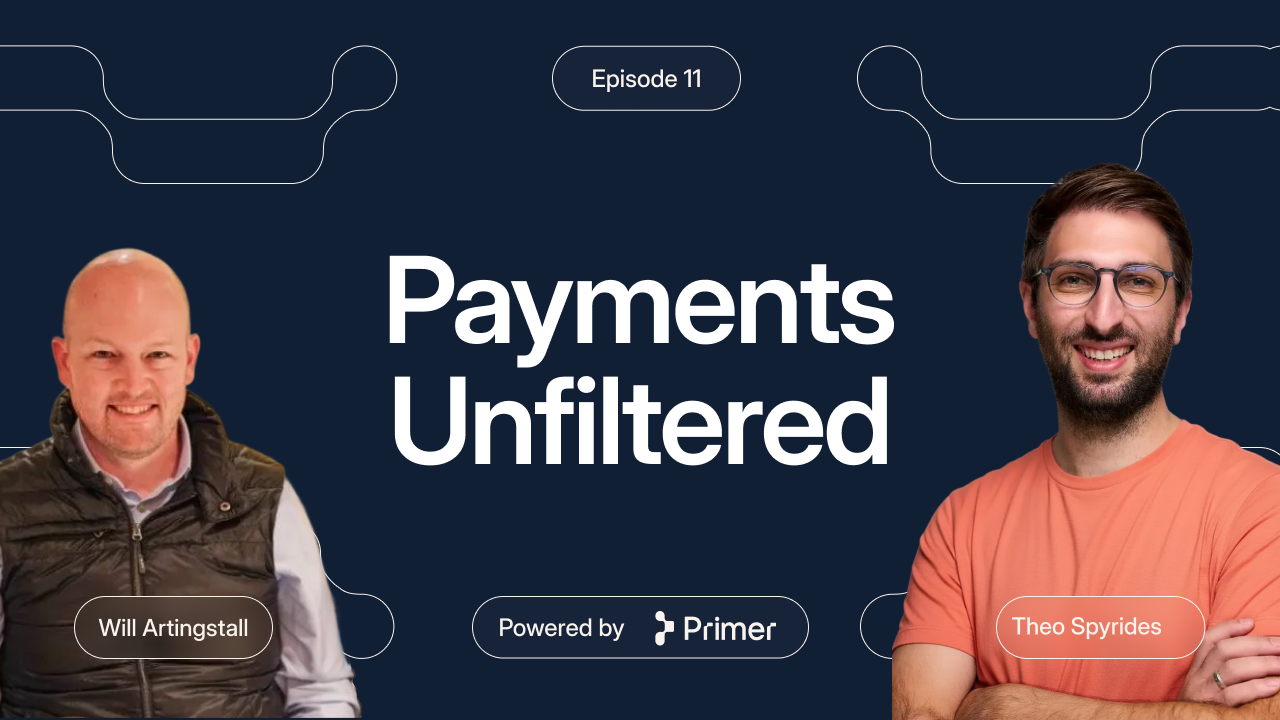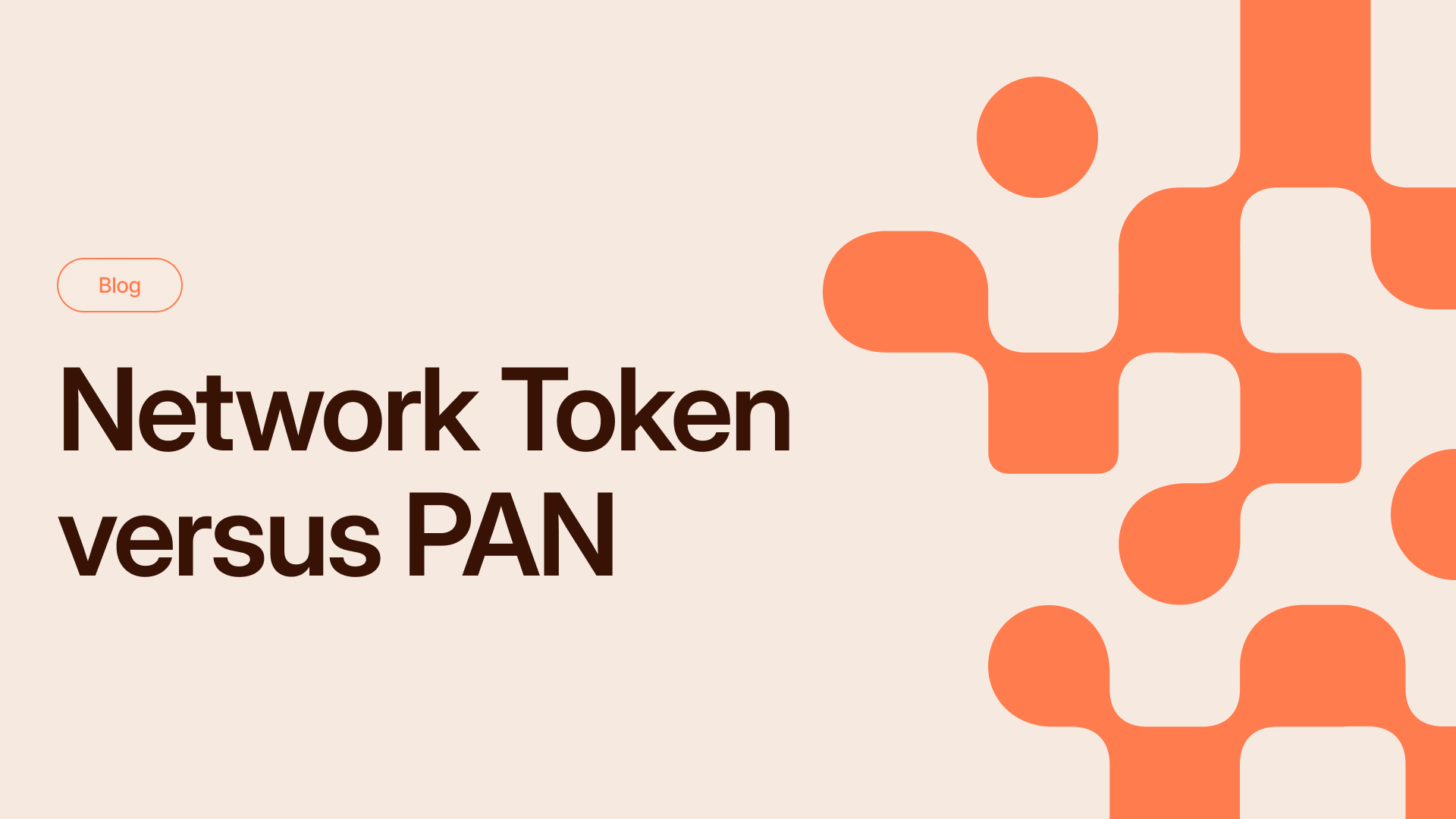Few things frustrate payment managers more than the cryptic “Do Not Honor” decline code.
Decline codes are meant to inform payment managers why a payment was unsuccessful and provide insights to help recover the payment or prevent future occurrences. Unfortunately, Do not Honor decline codes do the complete opposite—they fail to provide clear or actionable information.
To make matters worse, these codes are frustratingly common, representing 10% to 60% of a merchant’s failed payments.
Let’s examine Do not Honor decline codes, explain what they are, why they’re such a nightmare for Payment Managers, and solutions for dealing with them.
What are Do Not Honor decline codes?
(05) Do Not Honor is one of the 100-plus issuer decline codes merchants receive when a customer payment is unsuccessful.
It’s a catch-all code indicating that the issuing bank (i.e. the customer’s bank) is unwilling to approve the transaction without specifying a reason. Reasons that could range from insufficient funds to suspicious activity.
In other words, Do Not Honor declines are broad, ambiguous, and frankly useless.
Receiving them is a nightmare for payment managers because without knowing the underlying reason for the decline, there isn’t much they can do (at least easily) to find a resolution and improve payment performance.
However, merchants can still take steps to mitigate this issue, and we’ll examine these after analyzing the underlying reasons why a merchant may receive a Do Not Honor decline.
Underlying reasons for a Do Not Honor Decline
When a bank decides not to approve a transaction, it may issue a Do Not Honor decline code. Although this code doesn’t specify the exact reason for the refusal, there are actually numerous potential factors depending on the situation.
Here are five common reasons:
Insufficient funds
Issuing banks may provide a Do Not Honor decline code when a cardholder's account has insufficient funds for the transaction.
Incorrect card details
An issuing bank may provide a Do Not Honor decline code when a customer makes a mistake entering their card details at the checkout. This might be providing the wrong card number, expiry date, or card verification code (CVV) number.
Suspected fraud
If an issuing bank suspects fraudulent activity, it may decline the payment and return a Do Not Honor response code. This typically occurs when the bank considers the transaction unusual or if there have been prior instances of fraud associated with the customer’s card.
Blocked card
If an issuing bank has blocked the customer’s card, it may decline the payment and return a Do Not Honor response code. This typically occurs when the customer has exceeded their credit limit or if there has been suspicious activity on the card, prompting the bank to prevent further transactions.
Exceeded daily spending limit
Each card comes with a daily spending limit set by the issuing bank. If a customer attempts a purchase that exceeds this limit, the bank may decline the transaction with a Do Not Honor response.
Why do issuing banks supply Do Not Honor decline codes?
In a payment ecosystem with over 100 specific decline reasons that clarify why a transaction fails, it raises the question: why do banks still issue generic “Do Not Honor” responses? Especially when it's considered that the underlying reasons mentioned above all have their own dedicated issuer decline codes as well!! (For instance, Visa and Mastercard also use the issuer decline code (51) Insufficient Funds.)
The root of the issue is technological limitations. Many issuing banks haven’t invested in advanced systems that can accurately identify and communicate to merchants the reasons for payment declines.
Even banks that have upgraded their technology may have misconfigurations, data mapping inaccuracies, or flawed logic. This means merchants still receive uninformative “Do Not Honor” responses instead of more precise, actionable decline codes.
Card networks have established programs to prompt banks to take action to improve the visibility of why transactions are declined.
As part of these initiatives, Mastercard and Visa have set limits on issuers' use of generic Do Not Honor responses. Consequently, merchants may start seeing a reduction in these pesky decline codes.
Dealing with Do Not Honor Declines using Primer
Do Not Honor decline codes are a big challenge for merchants looking to optimize the payment process, but there are steps they can take.
Utilize fallbacks
Since the “05 Do Not Honor” code is classified as a soft decline, merchants are permitted to retry the payment under scheme rules.
The most effective way to do this is to attempt the transaction through an alternative processor. Note that each payment processor typically partners with an acquiring bank for the region it operates in; different processors thus work with different acquiring banks.
Due to differences in inter-bank communications, the issuing bank may approve the payment when it’s routed to a different acquiring bank. If the transaction is still not approved, the bank/processor may still provide a more detailed reason for the decline, offering better insights into the issue.
At Primer, we simplify this process. Our Fallbacks solution enables seamless retries with alternative processors, increasing the likelihood of approval.
Learn. more about why every merchant need a payment fallback strategy.
Handle incorrect card details
For Do Not Honor declines that occur due to incorrect card details, providing immediate feedback to the customer and asking them to re-input their card information and retry the payment can lead to success and minimize customer dropoff.
Primer's Universal Checkout automatically displays an error message to the customer if their card is declined. This allows them to correct any card input errors and retry the payment immediately.
Prompt the customer to use an alternative payment method
Another option open to merchants that receive a Do Not Honor decline is to prompt the cardholder to use an alternative payment method. That could be a different card, digital wallet, open banking, or Buy-Now-Pay-Later solution.
Of course, merchants need to offer these payment methods to have the ability to accept them. And with Primer, that is easy. We enable merchants to switch on new payment methods and display them dynamically to their customers in just a few clicks.
Analyze Do Not Decline trends
While resolving “Do Not Honor” declines may be more challenging than addressing other decline codes, it’s not impossible.
A practical starting point is to analyze where these declines originate by examining Bank Identification Number (BIN) data. If it's uncovered that the declines are concentrated among a few specific banks, a merchant or its processor can contact them to understand the underlying issues.
At Primer, our Observability solution equips merchants with a comprehensive payment data dashboard. This empowers merchants to cross-analyze information across processors and delve into granular details, unlocking unique insights. With this level of visibility, merchants can identify patterns, proactively address issues, and optimize their payment strategy to improve approval rates.
Solve Do Not Honor declines and sleep soundly
Let’s face it: “Do Not Honor” declines are a persistent thorn in the side of every payment manager.
But don’t fret - there’s good news! As we’ve explored, card schemes are taking steps to limit their use. Plus, there is a wealth of tools and tactics to demystify and overcome these ambiguous declines.




.png)
